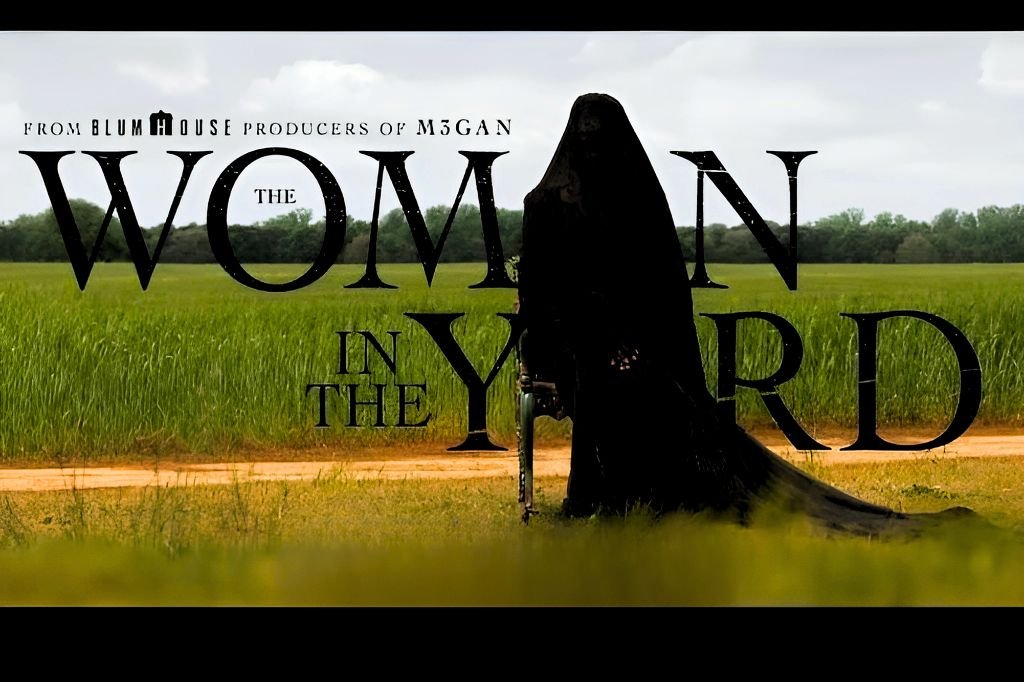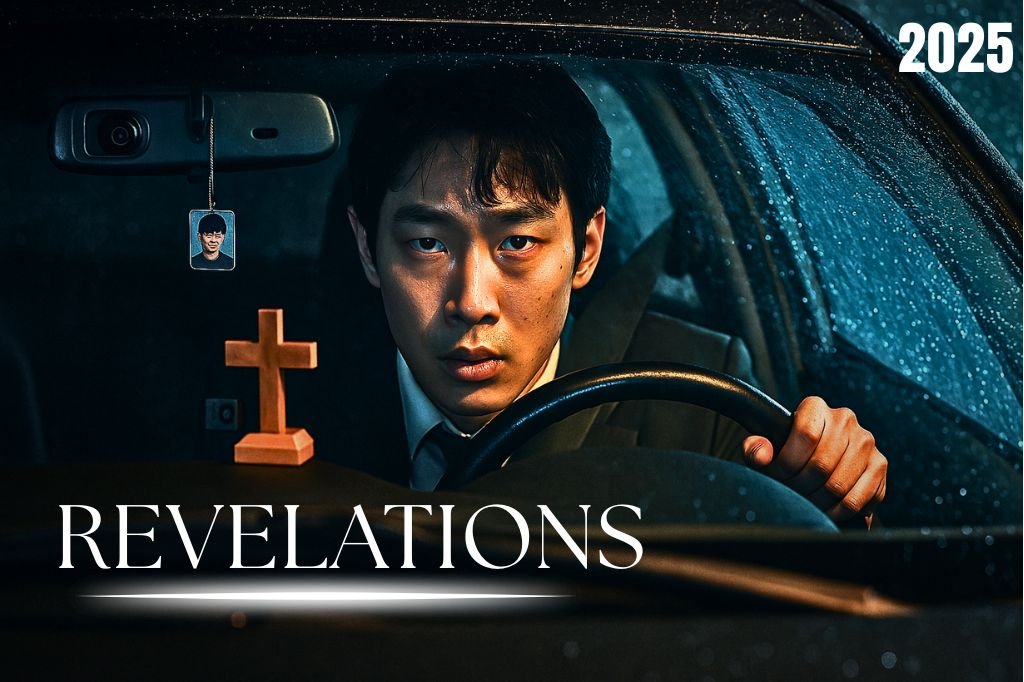Now Reading: Wanita Ahii Neraka Review – Really Worth Your Time?
-
01
Wanita Ahii Neraka Review – Really Worth Your Time?
Wanita Ahii Neraka Review – Really Worth Your Time?
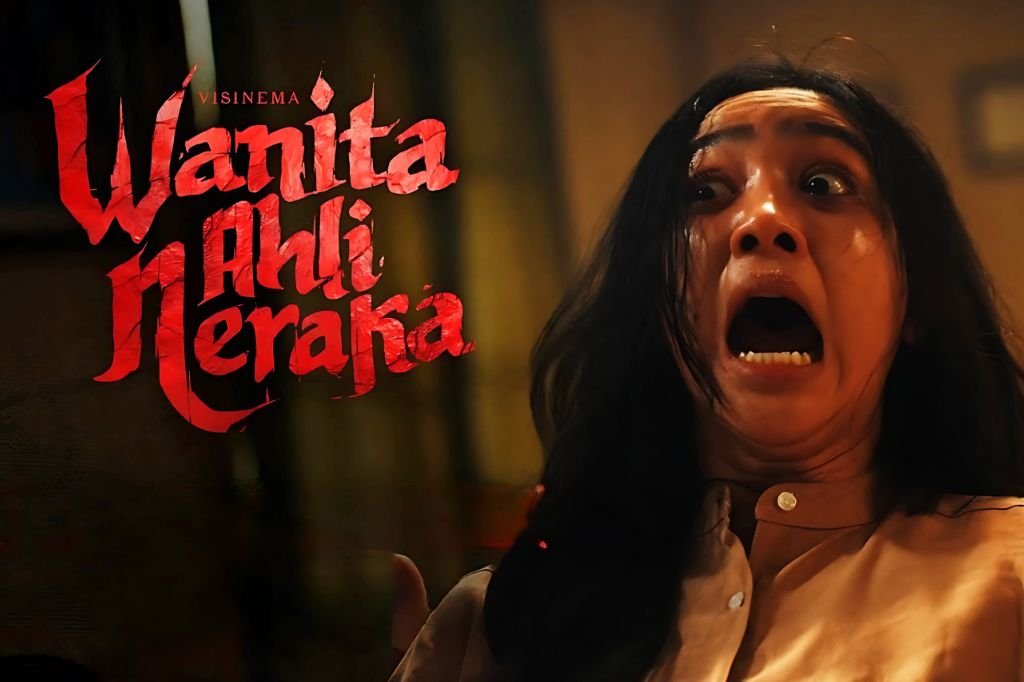
Do you know what a ghoul is? In folklore, it’s a demonic creature that feeds on the dead—a fitting metaphor for the soul-sucking marriage depicted in Wanita Ahii Neraka (translated as Woman of Hell). Directed by Fariz Hadl LatJuba and written by Lele Laaya, this Indonesian horror-drama blends religious devotion with supernatural terror, but does it deliver a fresh take on familiar tropes? For Indonesian filmmakers reading this: Please consider dubbing this film in English. Subtitles often dilute the tension, and a story this culturally rich deserves wider accessibility. Now, if you’re a horror lover scrolling endlessly for something spine-chilling, you might wonder—is the movie “Wanita Ahli Neraka” worth your precious time? Let’s find out.
Table of Contents
Wanita Ahii Neraka: Plot Overview
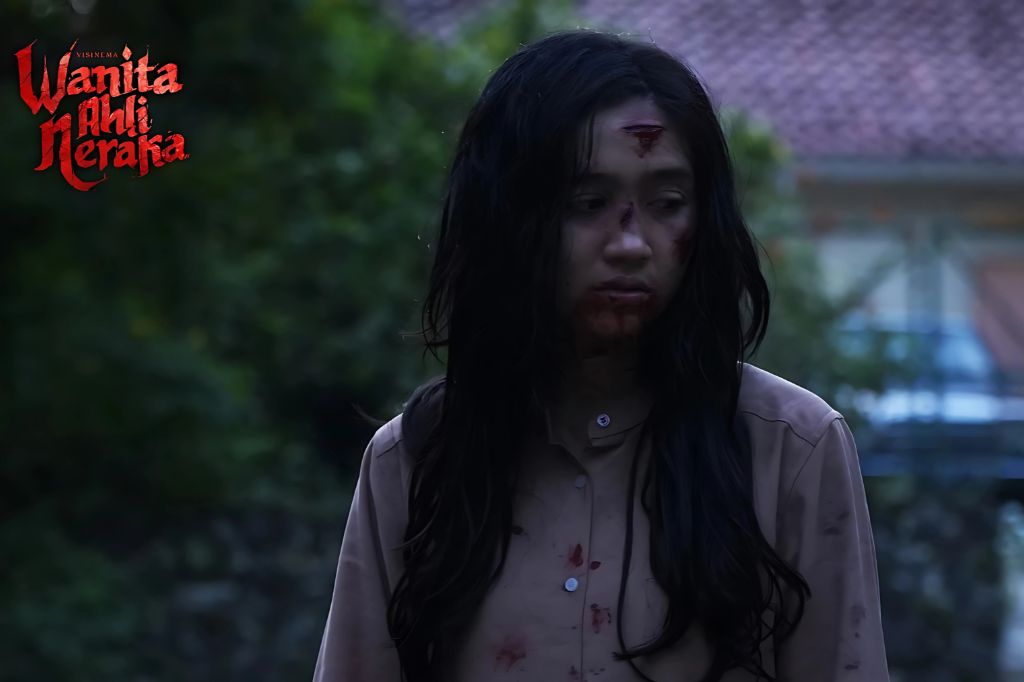
The film follows Farah (a compelling yet underutilized protagonist), a devout Islamic boarding school graduate who marries Wahab, a charismatic mayoral candidate. Blinded by her desire to secure a place in heaven, Farah abandons her education to become the “perfect wife,” adhering to strict interpretations of religious teachings. Her nightmare begins when Wahab’s political ambitions reveal a sinister partnership with dark forces. Sacrifices, literal and metaphorical, unravel as Farah becomes a pawn in her husband’s ritualistic bid for power.
The term wanita ahii neraka (“women of hell”) haunts Farah from childhood, referencing a hadith stating that most hell inhabitants are women deemed “ungrateful” to their husbands. This fear drives her obedience, even as Wahab morphs from doting spouse to a manipulative cult leader. Ghostly apparitions, cursed rituals, and a climactic possession sequence amplify the horror, but the execution feels derivative for seasoned genre fans.
Strengths: Cultural Nuance and Moral Complexity
Wanita Ahii Neraka shines when exploring the clash between blind faith and autonomy. Farah’s internal struggle—choosing between religious dogma and self-preservation—adds depth. Supporting characters like Umi (her mentor) and Dina (her rebellious friend) highlight contrasting female experiences in a patriarchal society. The film critiques the exploitation of religious rhetoric to justify oppression, a theme that resonates globally.
Director Fariz Hadl Juba infuses scenes with Indonesian cultural textures: Javanese rituals, Quranic recitations, and the eerie backdrop of rural politics. The subplot about milk tainted with dark magic—distributed to sway voters—is a clever metaphor for corruption. These elements make the film a fascinating window into Indonesia’s socio-religious fabric.
Weaknesses: Predictable Horror and Pacing Issues
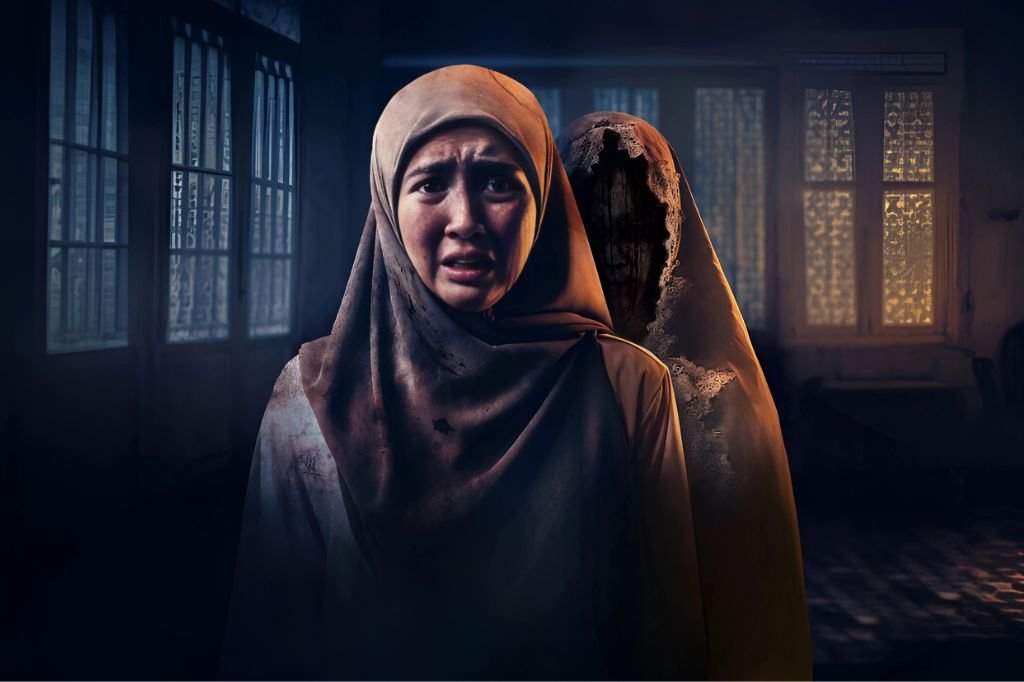
Unfortunately, Wanita Ahii Neraka falters in its horror execution. The ghostly “woman in a black hijab” feels underdeveloped, relying on jump scares rather than psychological dread. The gore—like Wahab peeling Farah’s skin for rituals—is more shocking than scary, lacking the visceral impact of films like Satan’s Slaves.
Pacing drags in the second act, with repetitive scenes of Farah’s subjugation and Wahab’s political scheming. The finale, while intense, borrows heavily from exorcism tropes, complete with chanting and a demonic altar. Dina’s abrupt death and Farah’s rushed rebellion leave emotional arcs feeling incomplete.
Cinematography and Direction
Director Fariz Hadl Juba crafts visually appealing scenes, especially those set in religious institutions or during dark rituals. The cinematography manages to evoke a creepy atmosphere, using shadows and flickering lights effectively to heighten tension.
Is Wanita Ahii Neraka Worth Watching?
If you’re Indonesian or intrigued by Southeast Asian folklore, this film offers cultural insights that justify a one-time watch. However, horror enthusiasts craving originality may feel shortchanged. The themes of spiritual manipulation and marital betrayal are potent, but the generic scares and uneven pacing dilute their impact.
Final Verdict: A Cautionary Tale with Missed Potential
Wanita Ahii Neraka ends with a sobering message: “Marriage in Islam isn’t about control, but mutual worship.” Yet the film itself struggles to balance its critique of dogma with compelling storytelling. For Indonesian filmmakers, this story’s global appeal lies in its cultural specificity—dubbing it in English could bridge gaps for international audiences.
Currently streaming on Netflix, Wanita Ahii Neraka serves as a reminder that ambition and blind faith can be hellish bedfellows. But if you’re hunting for groundbreaking horror, your search continues.
Rating: 2/5 ⭐⭐
Why? The film’s moral commentary is overshadowed by lackluster horror elements. Farah’s journey from submissive wife to defiant survivor could have been powerful but feels rushed. Skip it unless you’re curious about Indonesian cinema’s take on religious horror.










